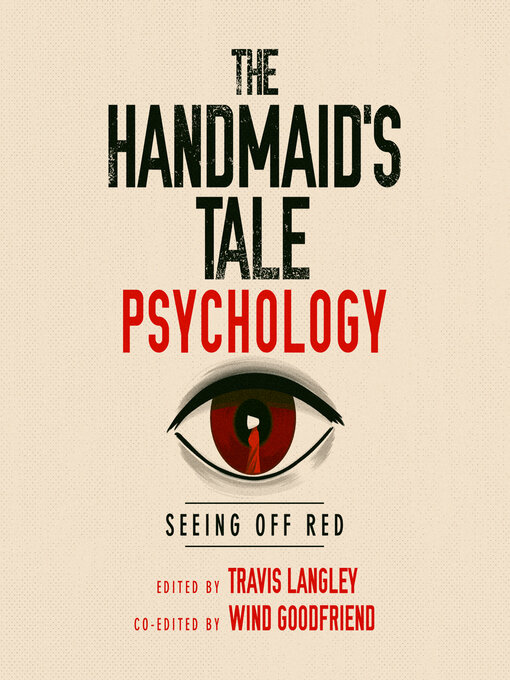How do people stay true to themselves in times of crisis? Where does anyone find the strength to stand up in the face of oppression? When will the worst side of human nature wither before the best?
Margaret Atwood's dystopian novel The Handmaid's Tale has captivated readers for four decades and continues to stir popular conversation and controversy through the hit Hulu television series. The story has grown into a cautionary tale evoking fear and concern, and yet it also inspires many.The Handmaid's Tale Psychology: Seeing Off Red delves into the psychology of the characters and events depicted in each version of Atwood's epic, both in print and on screen. Through 18 chapters, psychologists and therapists look deeply into the fiction, analyzing it both personally and professionally to unearth its message about real human truths. Topics include oppression, resistance, power, identity, violence, post-traumatic stress versus post-traumatic growth, good versus evil, morality versus mortality, spirituality versus religion, helplessness versus hopefulness, and more.

